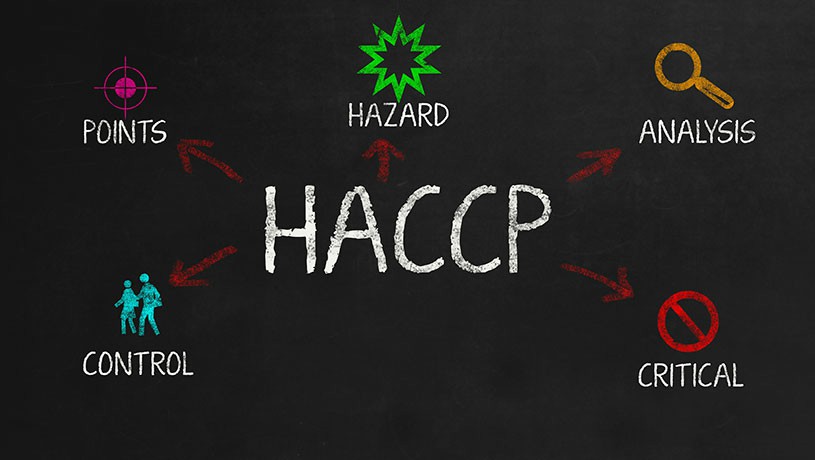


 349,500 Offered Certificates
349,500 Offered Certificates
 24/7 Online Training
24/7 Online Training
 Money Back Guarantee
Money Back Guarantee
 Fully Accredited Courses
Fully Accredited Courses

Created at: 26-02-2025 13:05
In the bustling food industry of Ireland, ensuring food safety is not just a legal requirement; it’s a cornerstone of reputation and success. For restaurant owners, catering services, and food manufacturers located in Dublin, Cork, Galway, Limerick, Waterford, and Belfast, understanding and implementing HACCP is vital. This guide delves into the significance of HACCP training, covering compliance with Irish and EU food safety regulations, contamination risk reduction, and the promotion of public health.
The Hazard Analysis Critical Control Point (HACCP) system is designed to identify and manage potential hazards in food production. HACCP certification shows your commitment to food safety, which can enhance your business's credibility and customer trust.
Compliance with food safety regulations in Ireland and across the EU is strict. Failure to comply can result in severe penalties, including fines and business shutdowns. HACCP training equips staff with the knowledge to meet these legal requirements effectively.
Prioritizing food safety through HACCP helps in identifying potential contamination risks early on, thus prioritizing the health of your customers. Implementing HACCP principles dramatically reduces the chances of foodborne illnesses.
Before diving deeper into HACCP training, it’s essential to understand its core principles:
Obtaining HACCP certification can provide numerous benefits:
When selecting a HACCP training course, consider the following:
The benefits of HACCP training extend beyond compliance; they significantly enhance your operational safety and public health standards. By obtaining HACCP certification, you are not just meeting legal obligations but reinforcing your business’s commitment to excellence.
Ready to ensure your business complies with food safety regulations? Enroll in our HACCP Training Course today!
For more information, contact us at [email protected].